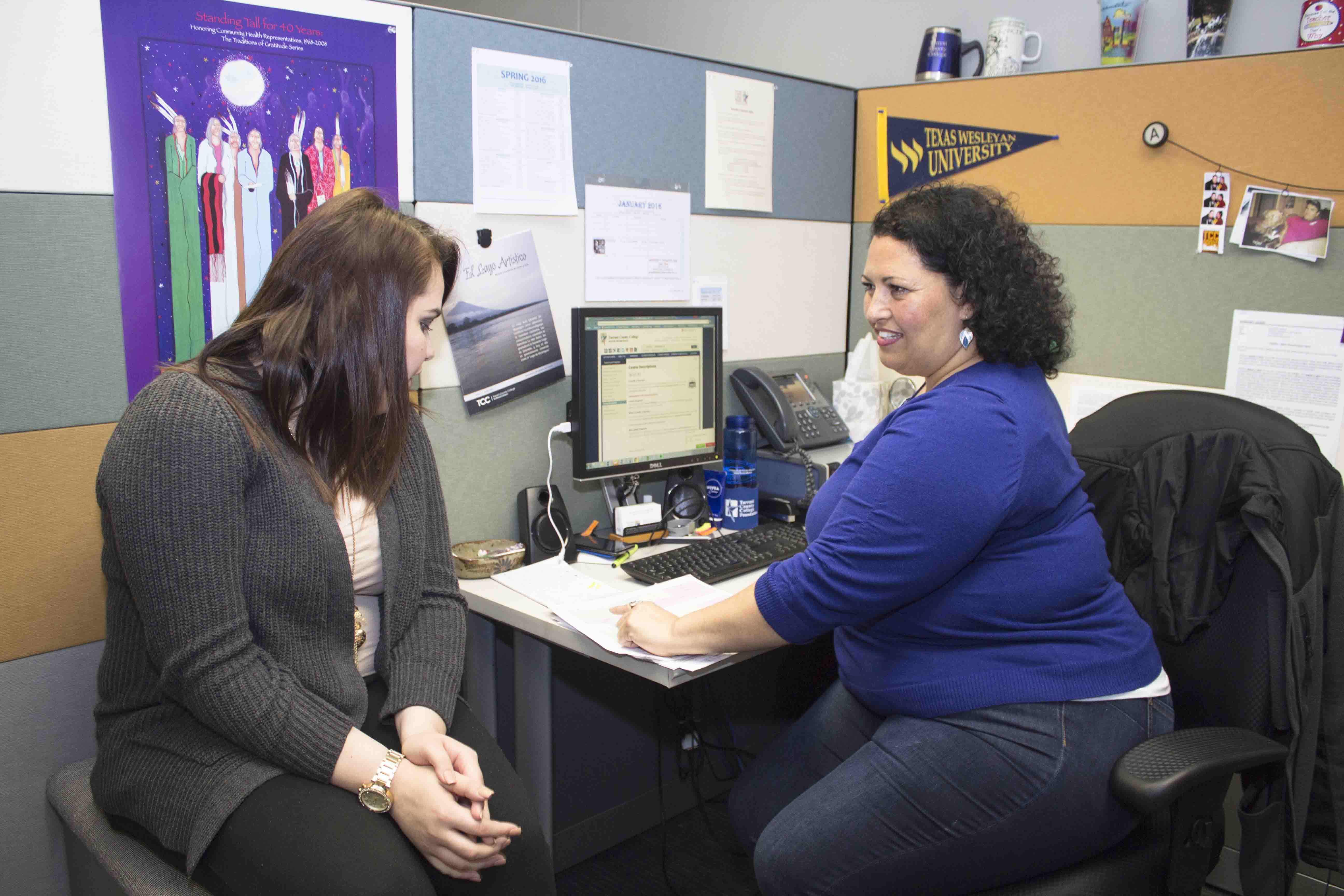By Mohamed Mansour/ reporter
Students should explore all options when it comes to choosing a school to transfer to, based on their preference and major.

Bogdan Sierra Miranda/The Collegian
NE transfer advisor Brice Hodge said the most important information when transferring is deadlines.
“Some universities have an application fee, so you should be aware of that,” he said. “You should know when to turn in scholarship applications and when the last day to apply. It is first-come, first-served.”
Student Zerb Mellish has his plan set for transferring.
“I have been applying for scholarships and budgeting my money,” he said.
Hodge said that students should identify a career from the beginning and choose a major before transferring.
“Establish a major and career, so you don’t waste time and money,” he said. “Know whether you are aiming for a bachelor’s, master’s or doctorate degree.”
Mellish said he already knows what career and major he is interested in.
“Engineering because my father is an engineer, and I admire the work he does,” he said.

Bogdan Sierra Miranda/The Collegian
Hodge said another important thing is to know which credits transfer and which don’t.
“Credits that don’t transfer are developmental classes like writing, reading and math,” he said. “Workforce Education Courses, nontechnical and nonworkforce classes also don’t transfer. Any core classes you take will transfer.”
University of North Texas transfer counselor Winston Franscini said students interested in transferring to his school first need to talk with his office.
“We work with students from TCC and other community colleges to make sure what courses you have and what courses you still need,” he said.
Franscini said that there are three different types of transfer students: those with 30 or fewer college credit hours, those with 30-44 college credit hours and those with more than 44 college credit hours.
“If you have fewer than 30 college credit hours, you will need to have a minimum college GPA of 2.5 and send in a transcript of your high school test scores and class rank,” he said. “[With] 30-44 college credit hours, you need a minimum college GPA of 2.25, but no consideration is given to high school work. It is solely based on your college work. For 45 or more college credit hours, you only need a minimum college GPA of 2.0.”

